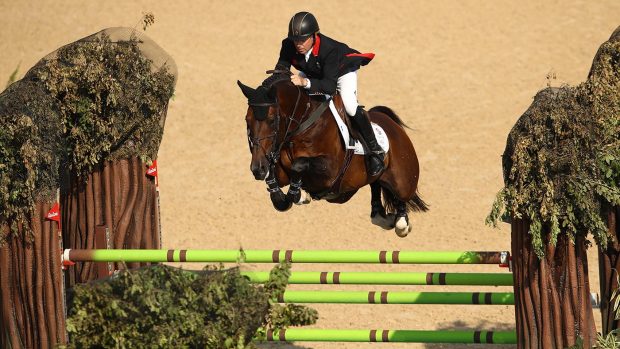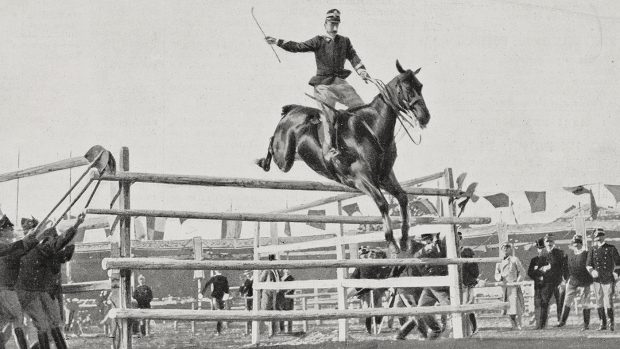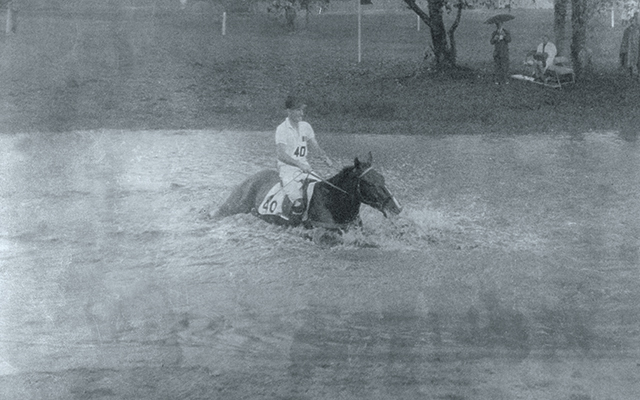Four riders have been suspended from the Olympic show jumping after their horses tested positive for the banned substance “capsaicin” in the Hong Kong Jockey Club’s state-of-the art dope-testing laboratory.
Norway could lose their team bronze medal, their first ever, after Tony Andre Hansen’s horse Camiro failed a test. He had led the individual standings after the first three rounds.
The other horses are Irish individual Denis Lynch’s Latinus, who had jumped three clear rounds, German team member Christian Ahlmann’s Coster, and Brazil’s Chupa Chupa ridden by Bernardo Alves.
The Swiss team may now get the bronze medal, and Britain would be sixth in the team standings.
Damaging to the sport
International Equestrian Federation vice-president Sven Holmberg agreed that the image of the sport, and its standing within the Olympic movement, has been damaged.
“This is obviously a serious blow to the sport and we are well aware of its implications for the future in the Olympics.”
“I think there tend to be more positive cases in show jumping because it is a bigger sport with more prize-money at stake.”
Sample B tests awaited
Sample B test results are expected shortly, in a vastly quicker process than normal. The Hong Kong Jockey Club leads the field in drug-testing; all racehorses here undergo pre-elective testing, with the result that the sport is very clean.
Three of the four positive tests from the Athens Olympics, two of which were in show jumping and two in eventing, were detected in Hong Kong.
Dr Terence Lam, the Jockey Club’s chief scientist, had previously warned: “We can’t detect everything yet, but we are never far behind.”
Made from chilli pepper
Capsaicin, which is applied topically or as a paste, and is a derivative of the chilli pepper, is classified as a doping prohibited substance due to its hyper-sensitising properties. It is a medication class A prohibited substance for its pain-relieving properties.
Paul Farringdon, a member of the veterinary commission, said that although capsaicin has always been banned, it is only in the last two years that the technology has been developed to detect it because it disappears quickly from a horse’s system.
The laboratory was specifically looking for it, along with any other prohibited substances, but this is the first time there has been any consistency in its detection.
Hypersensitivity
Although capsaicin is used in human medicine, often for the treatment of neuralgia, it is not fully licensed for veterinary use because it can improve performance through hypersensitivity.
“You know what it is like to eat a chilli pepper,” said Paul Farrington. “First it has a stimulating effect, then it dulls the nerves.”
This means that a horse with the substance applied to its front legs would not want to hit a fence.
All jumping horses have been subjected to a boot test, and no one infringed the rules.
About 90 riders, across the disciplines, allowed their horses to be subjected to a voluntary pre-elective testing.
There are no positive tests from the 20 event horses and 20 dressage horses tested.
Stay in touch with all the latest news from Hong Kong with Horseandhound.co.uk



